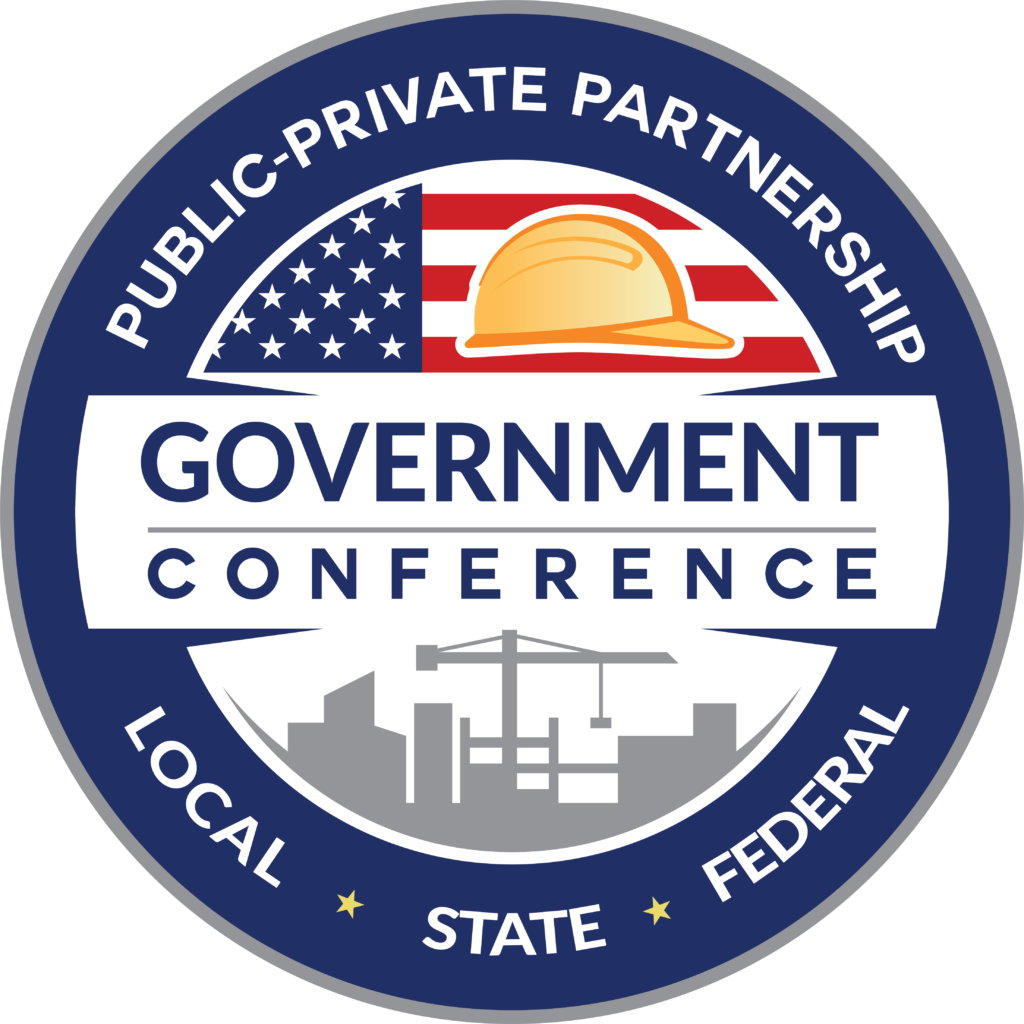
Call for Abstracts
Deadline: August 15, 2025
2025 Theme: The Art of the Match
As infrastructure demands grow and funding streams evolve, the success of a public-private partnership hinges on one thing: getting the match right. The most effective P3s align public priorities with private expertise, delivery models with financing tools, and political realities with long-term impact. At the P3 Government Conference, the focus is on the policies, funding strategies, and procurement decisions that are driving P3 projects across the country.
This is not just a conversation about infrastructure. It is about strategy. As Congress prepares to debate the next Surface Transportation Reauthorization Bill and tools like PABs, TIFIA, and RRIF are being evaluated, the P3 Government Conferencebrings together the decision-makers shaping how P3s are planned, financed, and executed. From federal funding direction to procurement innovation, this is where public and private leaders examine what works, what is changing, and how to move forward.
We are seeking session proposals that explore the intersection of policy, funding, and project delivery—with a particular emphasis this year on how owners and their partners are getting the match right. What made the chosen procurement model succeed? How were risks, responsibilities, and political realities aligned to make the project viable and durable?
Sessions should offer practical insights and case studies that help attendees understand how to deliver P3s that are competitive, credible, and built to last.
Topics of interest include:
- Federal funding programs and legislative outlook
How the Surface Transportation Reauthorization Bill, Congressional priorities, and federal tools like PABs, TIFIA, and RRIF are influencing the next generation of P3 projects. - Funding and financing strategies for P3s
How public sponsors and their private partners are blending federal grants, local revenues, and private capital to structure viable, bankable P3s—what matched and what didn’t? - P3 procurement strategy and model selection
Why availability payment, revenue-risk, progressive, and hybrid P3s succeed or fail depending on project context, political will, and team alignment. What made a particular model the “right match” for your project? - Permitting reform and regulatory complexity
What thoughtful reform could look like, how multi-jurisdictional P3s are navigating approvals, and the impact of federal agency changes on project timelines. - Case studies in P3 delivery
From early-stage procurement to financial close, real-world examples of how public-private partnerships were structured, negotiated, and executed. What decisions made the difference? - Transit-Oriented Development in P3s
How federal funding tools and land use strategies are being combined to unlock long-term value, catalyze development, and advance multimodal infrastructure goals. - Risk allocation and delivery challenges
How P3 teams are addressing contractor capacity, bonding, labor availability, inflation, and supply chain volatility in a competitive project environment—and how the right risk match helped manage these variables. - Media, messaging, and political trust
How strategic communication is helping agencies make the case for P3s, navigate politics, and build stakeholder confidence—especially when public perception is part of the equation.
We welcome panels, fireside chats, and presentations that offer practical insights and candid reflections. Whether you are aligning financing with delivery models, responding to shifting federal signals, or structuring a partnership that can withstand political and market pressure, this is your platform to share how you are making P3s work.
Submission Guidelines
Abstracts should include a 200-word synopsis and include the types of envisioned panelists (e.g., public sector owners, architects, engineers, financiers, etc.).
Speaker Registration Policy
Public sector speakers will receive complimentary registration. Private sector speakers will receive complimentary registration if they or their companies are sponsors or exhibitors of the conference. Non-supporting private sector speakers are required to pay the General Audience registration fee.